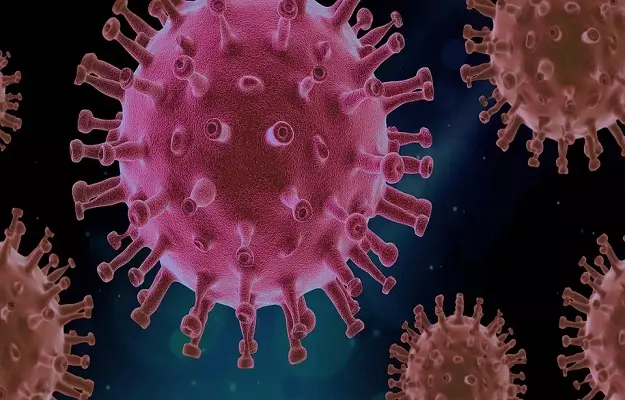As of 16 April 2020, 2 million cases of the novel coronavirus - COVID-19 - have been reported throughout the world. So far, no vaccines have been developed to protect people against infections caused by different strains of coronavirus, including SARS-CoV-2, SARS (Severe acute respiratory syndrome) and MERS (Middle East respiratory syndrome).
Doctors have tried various ways including the repurposing of drugs which are already being used for other diseases (including drugs made for Ebola and malaria) to stop the growth of this infectious disease among patients. Doctors have been innovating the best treatment strategies such as passive antibody therapy and tissue plasminogen activator to stop the virus from spreading.
In order to find the cure for the infectious coronaviruses, scientists have engineered a live virus which may help in blocking the coronavirus in the body. Here in this article, we will tell you about the live virus which might help to protect us from coronaviruses.




































